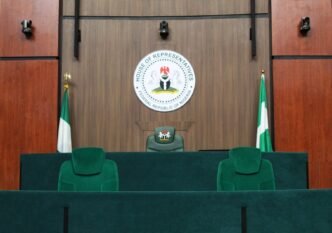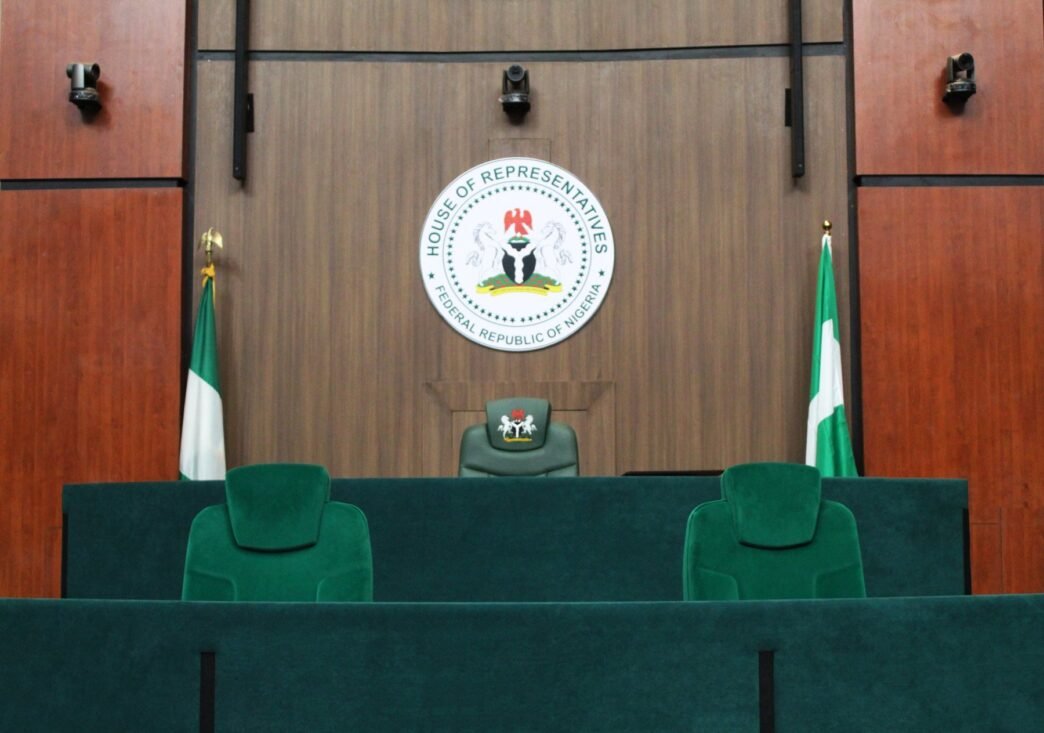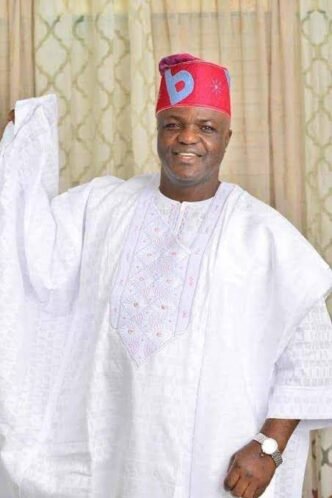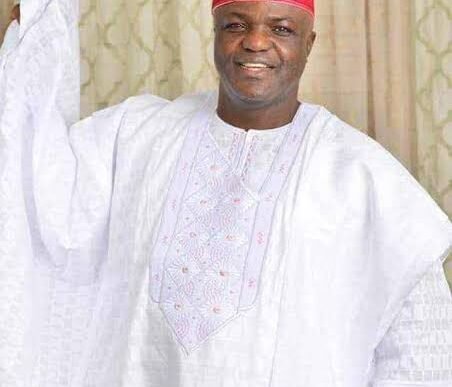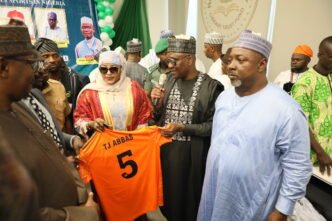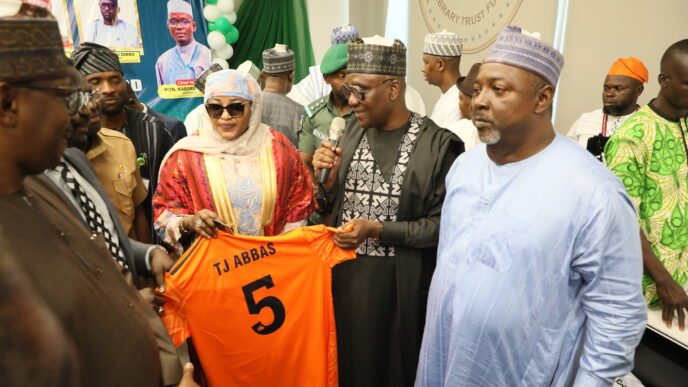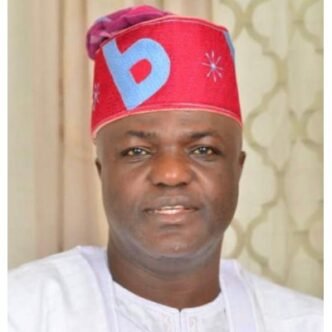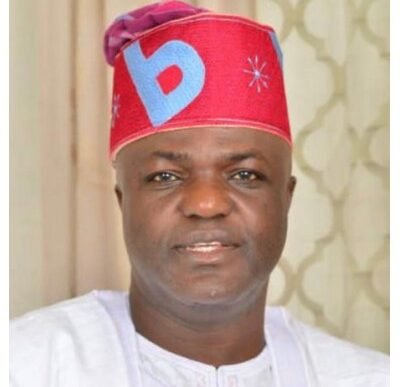Nigeria’s National Assembly is currently deliberating on a significant legislative proposal known as HB. 1649, which seeks to amend the 1999 Constitution by transferring the responsibility for conducting Local Government Area (LGA) elections from State Independent Electoral Commissions (SIECs) to the Independent National Electoral Commission (INEC). This potential shift has sparked considerable debate regarding its implications for governance and election integrity throughout the country.
A central argument in favor of HB. 1649 revolves around enhancing the credibility and transparency of local elections. Concerns have long existed regarding the influence of state governors and ruling parties over SIECs, which raises questions about the impartiality and fairness of the elections they oversee. By moving this responsibility to INEC, which is viewed as a more independent and trustworthy organization, advocates believe that the integrity of local elections could be significantly improved.
Furthermore, proponents highlight that having INEC manage elections across all tiers—federal, state, and local—will create greater uniformity in electoral standards, procedures, and timelines. This consistency is perceived as essential for fostering a fair electoral environment in Nigeria, allowing for smoother electoral processes nationwide.
Administrative efficiency is another key consideration in support of this legislation. By utilizing INEC’s existing resources, infrastructure, and expertise, the bill’s advocates argue that overall election management could become more effective and cost-efficient. This streamlined approach may lead to a more judicious use of public funds and potentially lower election-related expenses.
A core objective of HB. 1649 is to deepen democracy at the grassroots level by ensuring free and fair local government elections. These elections are critical for promoting local accountability and empowering citizens to select their leaders authentically. This empowerment, supporters argue, is essential for fostering improved governance and development in local communities.
Moreover, the bill aims to curtail the common practice of appointing “caretaker committees” by state governors. Such committees often operate without electoral legitimacy, undermining the democratic process. The proposal asserts that by enabling INEC to oversee local government elections, the frequency and regularity of these elections will improve in line with legal requirements.
However, opposition to HB. 1649 has emerged, citing concerns over the potential overburdening of INEC. Critics argue that assigning the responsibility for 774 local government elections nationwide to an already engaged commission may stretch its resources, personnel, and logistical capabilities. This could lead to challenges in maintaining election quality across all levels.
The issue of state autonomy and federalism is also a significant point of contention. Detractors contend that transferring control over local elections to a federal body like INEC could be perceived as an infringement on state governments’ rights and authority, raising questions about the proper balance of power within Nigeria’s federal system.
Political resistance is anticipated, as state governments may be unwilling to relinquish control over local political structures that often serve as vital bases for governance and patronage. Additionally, for HB. 1649 to become law, it must undergo a constitutional amendment process, requiring a two-thirds majority in the National Assembly and ratification by at least two-thirds of State Houses of Assembly, presenting another hurdle for the bill’s advancement.
Some critics also express concerns about the potential duplication of functions and resource wastage that could arise from introducing a federal agency to oversee local elections. They argue that instead of shifting responsibilities, efforts should focus on strengthening the existing SIECs to make them more independent and effective.
In summary, HB. 1649 represents a potential shift in how local government elections are conducted in Nigeria, seeking to enhance electoral credibility and promote democratic principles. While it offers several potential benefits, it also raises significant questions about federal overreach and the practicalities of implementing an expanded role for INEC. The outcome of this legislative proposal will undoubtedly have lasting implications for the future of local democracy in Nigeria.
